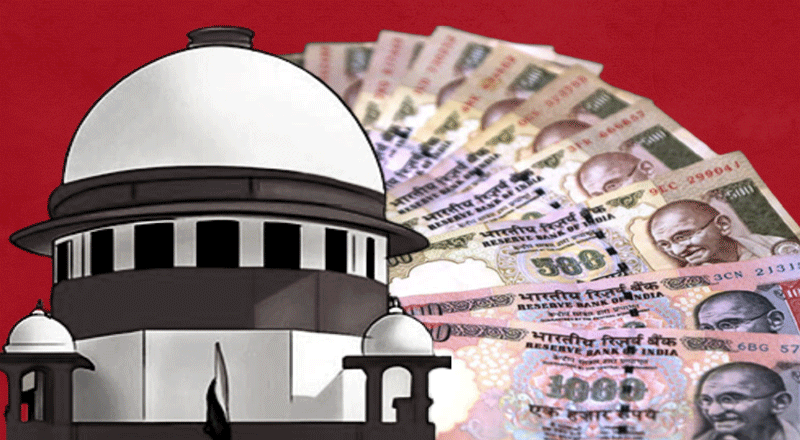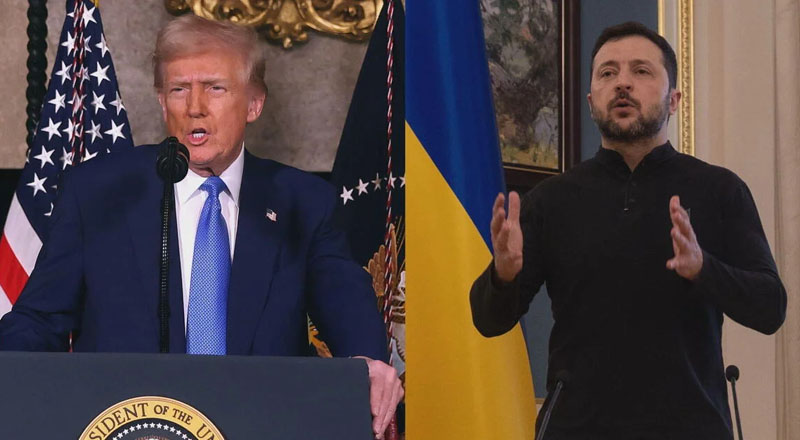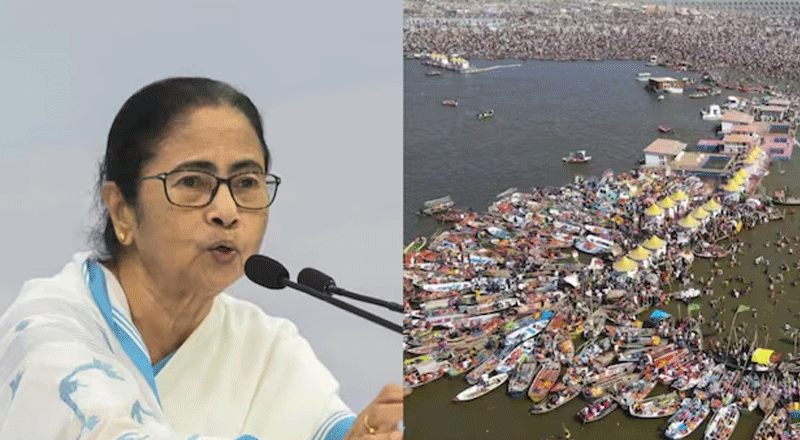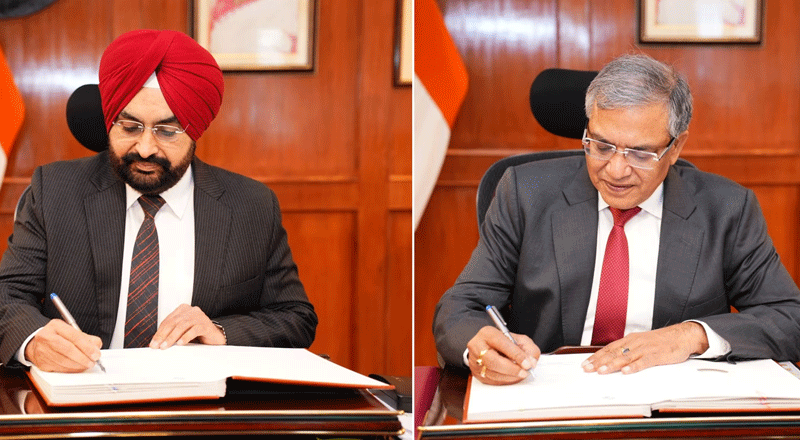The Supreme Court on Tuesday said, while hearing petitions challenging the Centre’s demonetisation 2016 move that it cannot fold its hands and sit because it is an economic policy.
Senior advocate Jaideep Gupta, representing the Reserve Bank of India (RBI), submitted before a five-judge of bench justices Abdul Nazeer, B.R. Gavai, A.S. Bopanna, V. Ramasubramanian and B.V. Nagarathna that the objective of the demonetisation policy was to curb black money and fake currencies.
Gupta submitted that there is no challenge to the decision on constitutional grounds, and therefore, the proportionality principle should only be applied to the extent. The Attorney General’s note also suggested that there should be a nexus between the objective and the method.
He added that beyond that it will be against the run of play, as far as economic policy decisions are concerned, and being an economic policy measure, the court will not review the decision.
Justice Nagarathna said the court will not go into the merits of the decision to implement demonetisation, but it can always go into the manner it was taken, as the two things are totally different.
“Just because it is an economic policy, the court cannot fold its hands and sit. Merits of the decision, it is for the government to decide in its wisdom as it knows what is best for the people, but while taking that decision, what was the material on record, or the relevant considerations…” said Justice Nagarathna.
The RBI’s counsel informed the bench that ample opportunities were given to people to exchange their notes. Senior advocate P. Chidambaram, representing a petitioner, said the government should confidently defend the decision and also the decision-making process, adding that it should place those documents before the court.
Chidambaram submitted that the RBI Governor must be fully-aware of the fact that in 1946 and 1978, the central bank opposed demonetisation and resorted to plenary power of the legislature.
During the day-long hearing, the apex court also inquired into the number of members present in the RBI’s Central Board meeting, which decided to make the recommendation regarding demonetisation in 2016.





